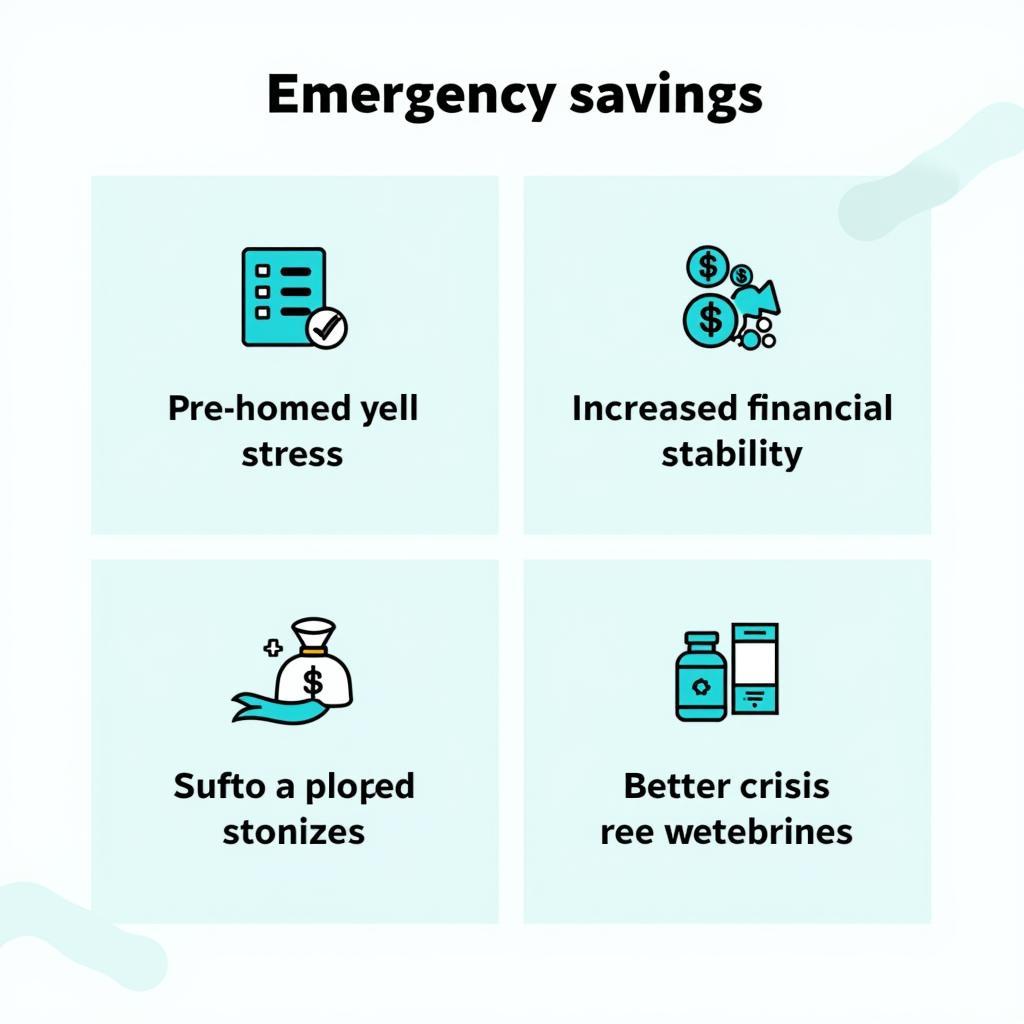The topic of emergency savings funds has become increasingly prevalent in IELTS Writing Task 2 examinations, particularly following global economic uncertainties. Based on analysis of past IELTS exams, questions related to personal financial management and emergency savings have appeared multiple times, especially in countries like importance of savings accounts in financial growth.
Analysis of Common Test Questions
One frequently appearing question format is:
Some people believe that maintaining an emergency savings fund is crucial for financial security, while others prefer to spend all their income. Discuss both views and give your opinion.
Question Analysis
- Type: Discussion + Opinion
- Key elements to address:
- Benefits of emergency savings
- Reasons why some prefer spending
- Personal stance with justification
Sample Essays
Band 8.5 Essay Sample
In today’s uncertain economic climate, the debate between saving for emergencies and spending disposable income has become increasingly relevant. While some individuals prioritize building emergency funds, others opt to utilize their entire earnings. I firmly believe that maintaining emergency savings is essential for long-term financial stability.
Those who advocate for emergency savings funds present compelling arguments. Firstly, unexpected events such as medical emergencies, job loss, or natural disasters can strike at any time, potentially causing severe financial distress without adequate savings. Additionally, having a financial buffer provides psychological security, reducing stress and anxiety about future uncertainties. This approach aligns with traditional wisdom about importance of planning early for retirement.
Conversely, proponents of spending argue that money should be enjoyed in the present. They contend that inflation can erode savings’ value and that investing in experiences or assets might yield better returns. Some also believe that various insurance products can substitute for emergency savings.
However, I strongly support maintaining emergency savings. The COVID-19 pandemic demonstrated how quickly circumstances can change, leaving many without financial security vulnerable. Furthermore, while insurance is valuable, it often doesn’t cover all emergencies or may involve delayed reimbursement. The importance of setting aside emergency savings has been proven repeatedly during economic downturns.
In conclusion, while spending disposable income might provide immediate gratification, the security and stability offered by emergency savings are invaluable. A balanced approach, combining prudent saving with mindful spending, represents the most responsible financial strategy.

Band 6.5 Essay Sample
Nowadays, people have different opinions about saving money for emergencies. Some think it’s very important, but others want to spend all their money. I think both ideas have good points, but saving is better.
People who save money for emergencies have good reasons. First, they can handle unexpected problems like getting sick or losing their job. Second, they feel safer when they have money in the bank. Many financial experts say we should save some money every month.
On the other hand, some people like to spend all their money. They think life is short and they should enjoy it now. Also, they might think that prices are going up, so saving money isn’t useful. Some people also use credit cards for emergencies.
In my opinion, having emergency savings is more important. We can’t know what will happen in the future, so we need to be ready. Many people had problems during COVID-19 because they didn’t have savings. Also, using credit cards for emergencies can make people have more debt.
To conclude, while spending money can make us happy now, saving for emergencies is smarter. I think people should try to save some money while also enjoying life a little bit.
Scoring Analysis
Band 8.5 Essay Analysis
- Task Response (9): Comprehensively addresses all parts of the task with well-developed ideas
- Coherence and Cohesion (8): Logical organization with clear progression
- Lexical Resource (8): Sophisticated vocabulary with natural usage
- Grammar (9): Wide range of structures used accurately
Band 6.5 Essay Analysis
- Task Response (6): Addresses main parts but less developed
- Coherence and Cohesion (7): Basic organization with some progression
- Lexical Resource (6): Adequate vocabulary with some errors
- Grammar (7): Mix of simple and complex structures
Key Vocabulary
- disposable income (n) /dɪˈspəʊzəbl ˈɪnkʌm/ – money available after taxes
- financial buffer (n) /faɪˈnænʃəl ˈbʌfər/ – protective financial reserve
- prudent (adj) /ˈpruːdnt/ – wise and careful about money
- financial distress (n) /faɪˈnænʃəl dɪˈstres/ – serious money problems
- immediate gratification (n) /ɪˈmiːdiət ˌgrætɪfɪˈkeɪʃn/ – instant pleasure
Consider practicing with this similar topic: “To what extent do you agree that financial education should be mandatory in schools?” Share your essays in the comments for feedback and discussion.